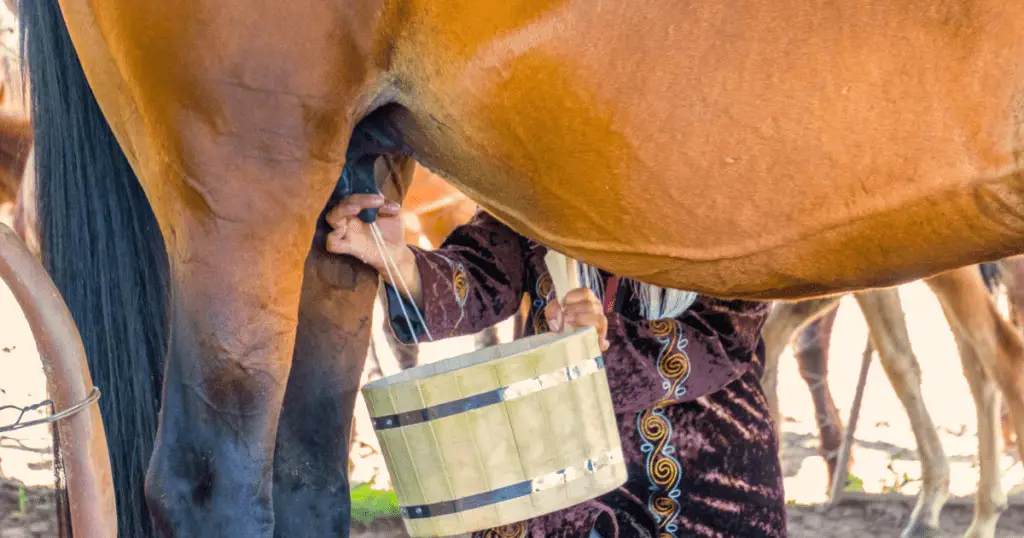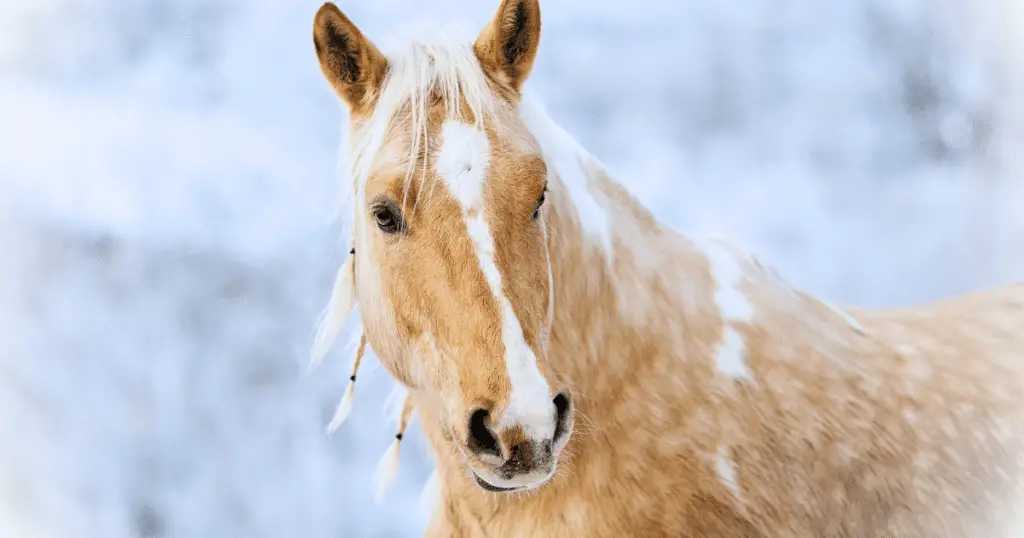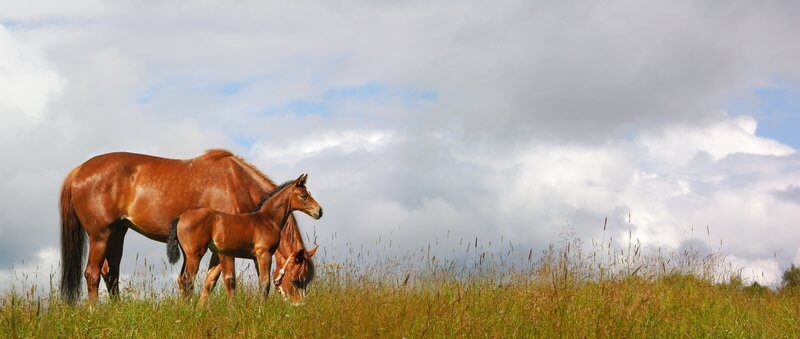My Mare is Dripping Milk. What Should I Do?
Lactation is a normal part of pregnancy. However, it may be cause for concern if your mare is streaming milk or if milk loss occurs early on in her pregnancy. In this article, we discuss when dripping milk is acceptable and when it indicates a serious problem.

My Mare is Dripping Milk. What Should I Do?
Around four to six weeks prior to foaling, your mare’s udder will begin to enlarge and produce milk, in preparation for the arrival of her newborn foal.
As her foaling date approaches, the pressure building up within her udder may result in minor milk dripping, which is normal upon or immediately preceding labor.
However, there are two situations where milk dripping puts the health of your mare and her unborn foal at risk. These are:
- Any milk dripping that occurs before 320 days of gestation
- Significant milk dripping that occurs after 320 days of gestation
As such, assessing your mare’s stage of gestation is integral in determining if there’s a problem.
Before 320 Days of Gestation
Premature lactation — whereby a mare begins to drip milk before 320 days of gestation — is gravely serious. At its worst, premature lactation may precede abortion or premature birth, which puts your mare and unborn foal at extreme risk.
If your mare is in the early stages of gestation, contact your veterinarian at the first signs of milk dripping. They will endeavor to diagnose and treat any problems with the pregnancy to give your mare and unborn foal the best chance of a safe delivery.
After 320 Days of Gestation
In the hours prior to labor, minor milk dripping is not uncommon. However, significant milk loss, as a result of continuous dripping or streaming, can deplete the colostrum levels in your mare’s first milk, which can be life-threatening for her foal.
Any foal that is unable to ingest adequate colostrum during the first two hours of life is at risk of failure of passive transfer of immunity. As such, your veterinarian may recommend you collect any streaming milk for later feeding, followed by an antibody test.
Monitor Your Mare
Throughout your mare’s pregnancy, it’s imperative that you monitor her health and behavior to ensure both mare and foal will thrive following foaling.
If your mare experiences any problems during pregnancy, such as unexpected milk dripping, you should make note of the following before contacting your veterinarian for advice:
- Your mare’s attitude, appetite, and rectal temperature
- Any presence or absence of vaginal discharge
- The color and volume of any lost milk
- Your mare’s breeding dates
As outlined in this article, any action your veterinarian takes will be dictated by your mare’s stage of gestation.



